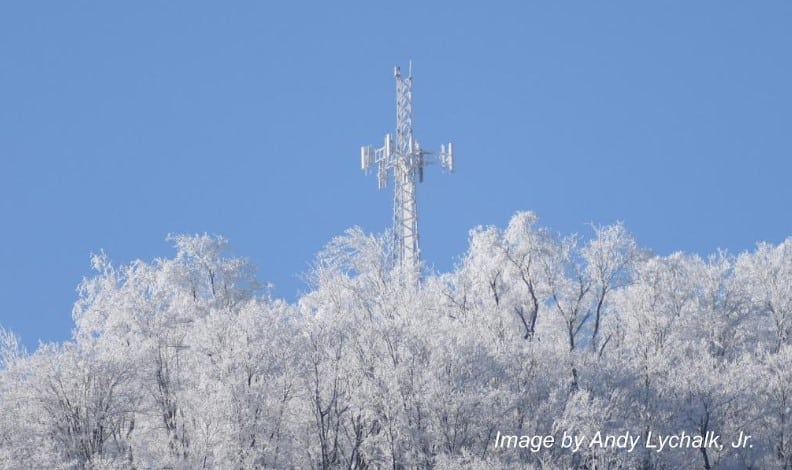Handling Grief Around the Holidays

Volunteer and Bereavement Coordinator
Family Hospice, Part of UPMC Home Healthcare of Central Pennsylvania
Grief affects each of us differently. Feelings of loss come and go without warning, even many years after a loved one has died. Sometimes, grief can be triggered by familiar events, music, smells, foods, or photographs. The holidays—full of traditions, events, group meals, and company—can heighten or reignite these intense feelings of loss.
Here are 10 strategies to help you, or someone you love, through the holidays:
- Recognize that grief is very personal and very complex. Don’t be disheartened if you can’t just “snap out of it” despite the festivities. When feelings of grief strike, ask yourself what you need. Do you want to be alone? Would you prefer some company from friends and family? Make whichever decision is best for you.
- Don’t deny your feelings. There’s a lot of pressure to act happy throughout the holidays, but you shouldn’t deny feeling sad, angry, or hollow. Allow yourself to cry. Experts agree that experiencing the pain of grief enables you to continue healing.
- Make plans to go out but have an exit strategy. When you accept an invitation to a holiday gathering or event, know that your feelings about it may change, sometimes even during the event. If you can, plan to attend with a friend for support, but make it clear that you may decide you no longer want to attend or need to leave early.
- Scale back. If you suspect certain traditions or activities will be too difficult, allow yourself to skip them. You may want to decorate less or not at all. Don’t feel pressure to do embrace the holiday if you’re not feeling up to it.
- Focus on good health. Don’t use drugs or alcohol to numb your feelings. Get plenty of rest, eat a nutritious diet, and make time for exercise. Not only will it help you feel good, it also helps prevent holiday weight gain and mitigates stress.
- Help others. Volunteering can sometimes counter grief. Community service, such as working at a food bank, charity gift exchange, or homeless shelter, places you around other helpers. You may also consider donating to charity in your loved one’s name to remember them during the holidays.
- Create a new tradition. Look for a new decoration, event, or food to add to your celebration. Finding a new way to connect to or honor your loved one helps you remember them and can help in your grief journey.
- Take things one step at a time. Accept grief as part of the holiday experience. Whether you need an afternoon of crying, laughing, or both, make time for it. Expressing your feelings, whatever they may be, is an important part of coping with loss.
- Share their story with youth. Talking about your loved one with them can build memories of activities you did together. Consider looking through photos or sharing a song or story that they loved. If you are helping children with grief through the holidays, lead by example. If your child sees you dealing with grief in healthy ways, he or she will learn to do so as well.
- See a grief counselor or try a support group. If you are struggling with grief, especially around the holidays, talking to someone specially trained to help can make a difference. If you are looking for company from those who understand loss, consider attending a grief support group. If you would prefer to work through your feelings privately, your doctor or local hospice group can recommend therapists and counselors specializing in grief.
Find a healthy strategy that works for you, and most importantly, make time for yourself and your needs this holiday.
Ashley Stensland is the volunteer and bereavement coordinator for Family Hospice, Part of UPMC Home Healthcare of Central Pennsylvania. Family Hospice offers several ways to support you during this difficult time including support groups and memorial services. For more information on resources available in northcentral Pa., contact Ashely by calling 570-326-8952 or emailing stenslandam@UPMC.edu.






